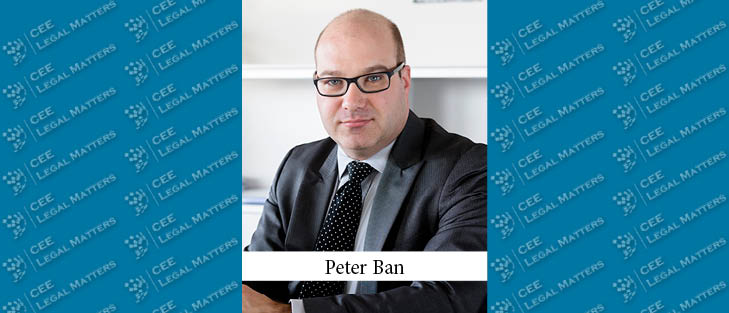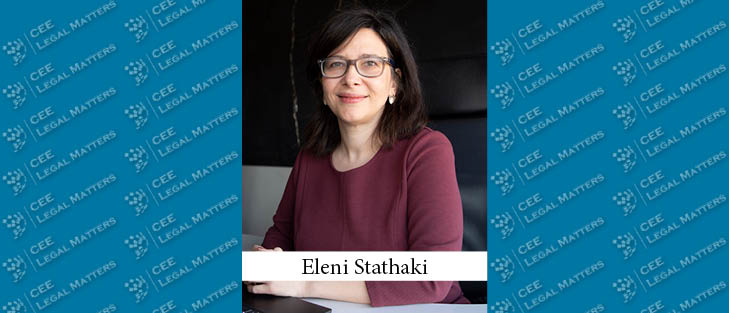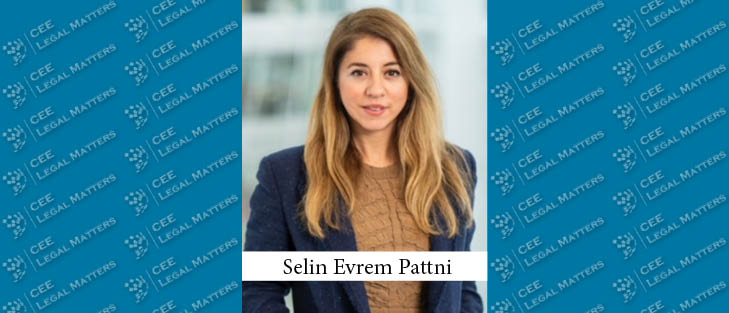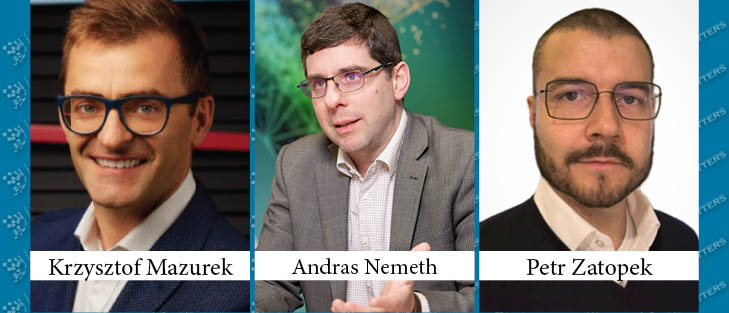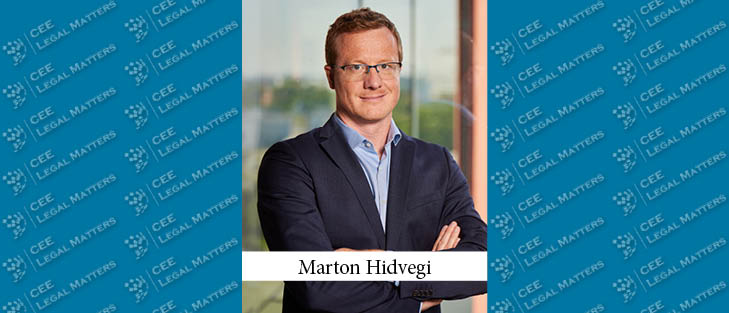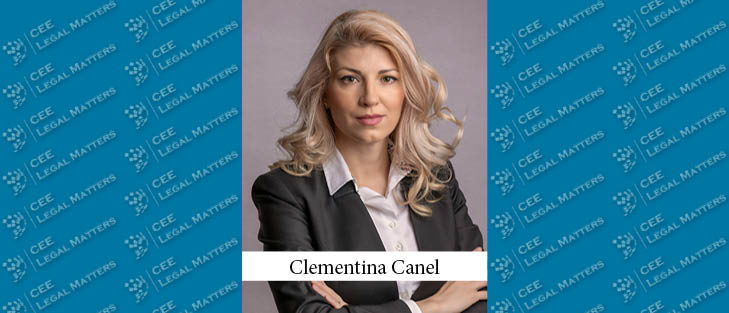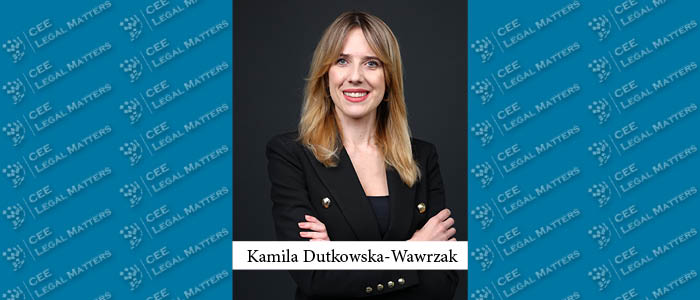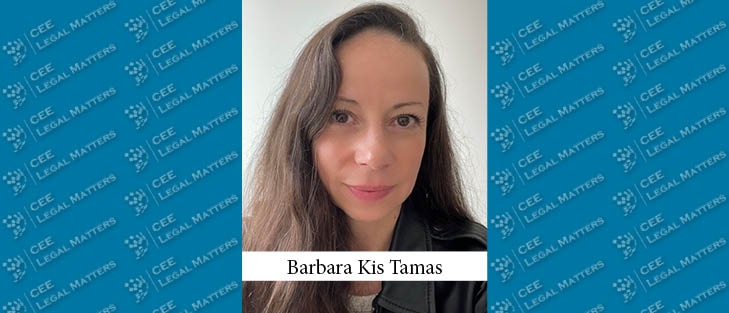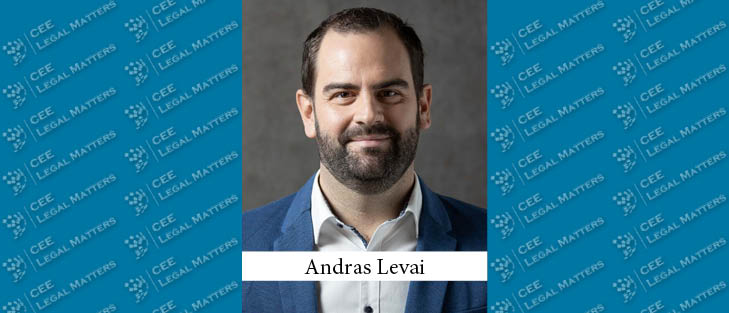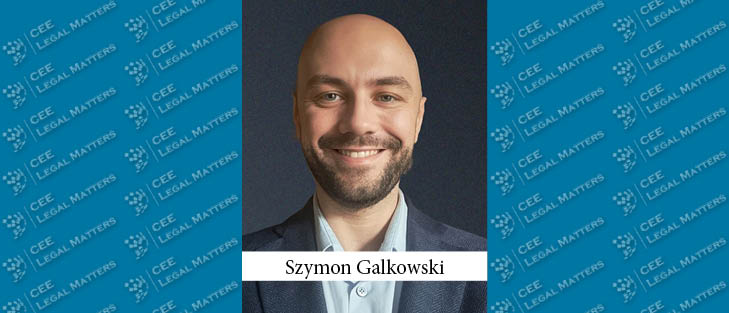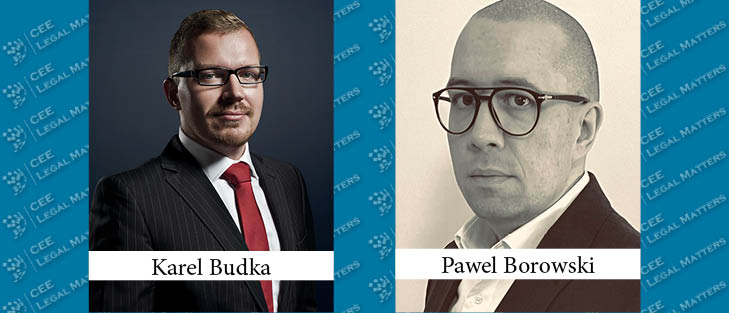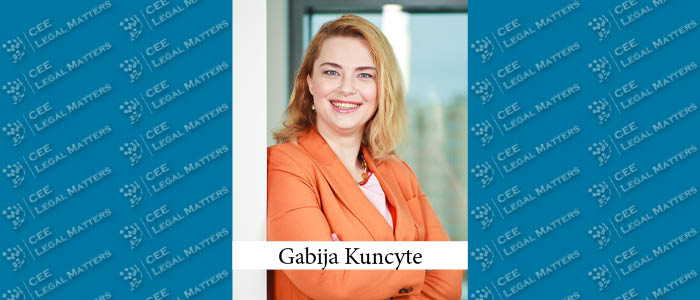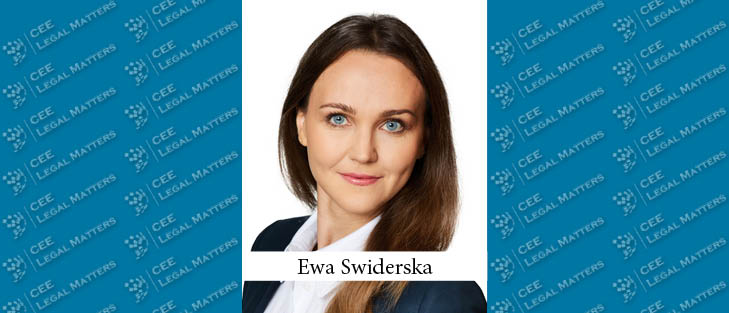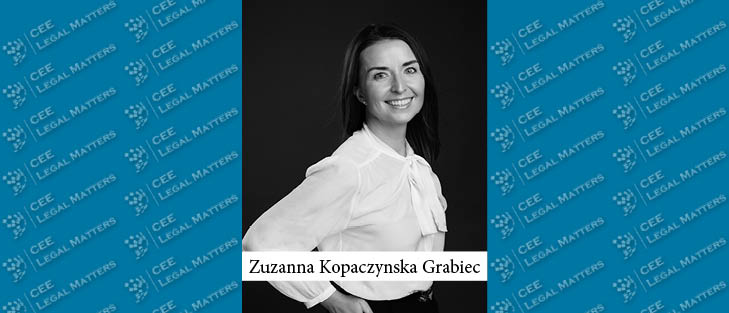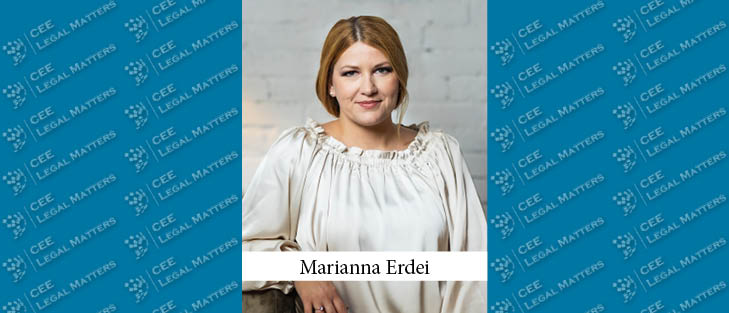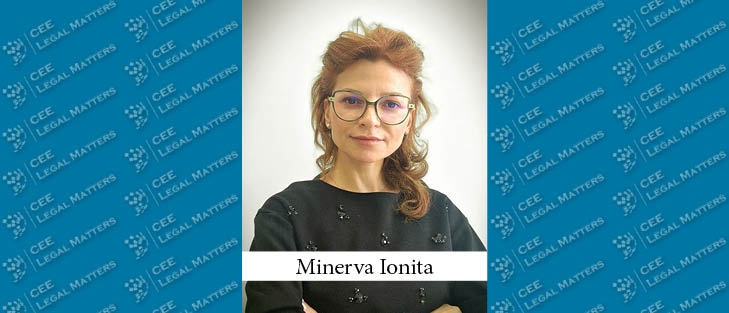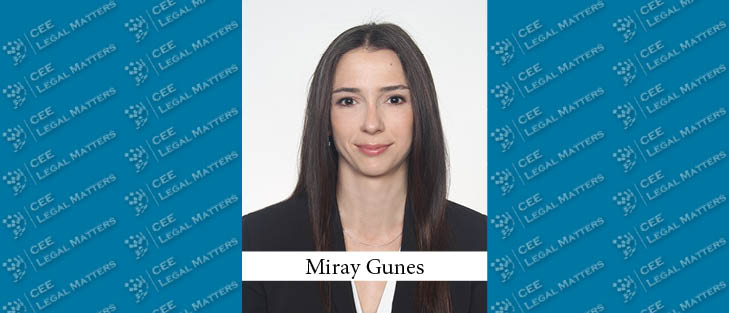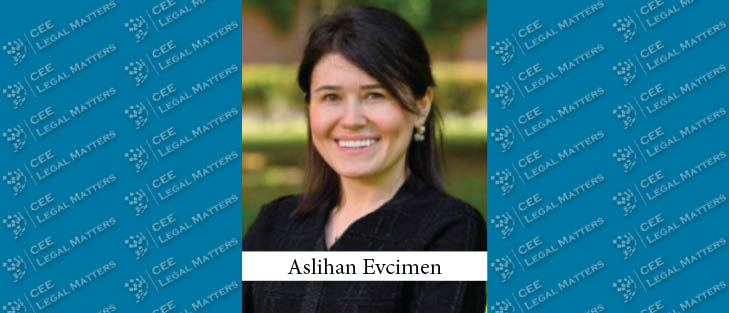Before COVID-19, the home office was not mainstream. It was used more as a benefit to avoid the need to get a day off when you had to stay home to wait for “the guy to get the annual meter reading.” Then came the pandemic which forced us to think outside of the box. Suddenly, everyone discovered that remote work could be a viable alternative. Organizations had to come up with technical solutions to make sure that every possible task could be done remotely. The legal profession by its nature was able to adapt quickly to remote work.
Reflecting on Remote Work from a Greek Island
For much of the pandemic, remote working became part of everyday life for most of us. For some of us, it still is. Upstream – the company I work for – chose to keep a hybrid model. Even in a hybrid system, the idea is to offer flexibility, so I find myself now writing this piece in a village atop a Greek island. Is it that all I need to do my work are my laptop and a good internet connection? These are obviously the basics but there are other steps to make remote working really work.
Building an In-house Counsel Career: An Interview with Selin Pattni of Henkel
Selin (Evrem) Pattni is the Head of Legal Global Purchasing and Supply Chain Operations of Henkel, and she is also on the Executive Committee of Henkel Global Supply Chain B.V. located in Amsterdam, the Netherlands. Selin reflects on her own career path and on strategies for training and developing her in-house team.
The Importance of Cross-Disciplinary Skills in Modern Legal Practices: A GC Summit Summary
More and more legal departments are actively integrating methodologies from disciplines outside the traditional legal sphere, such as project management and even engineering. This evolution is reshaping how legal teams deliver value, emphasizing both strategic impact and operational efficiency. Precision Medicine Group Deputy General Counsel Krzysztof Mazurek, Alpekr Managing Director Petr Zatopek, and Audax Head of Legal Andras Nemeth took a look at the vital role of cross-disciplinary skills in modern legal at the CEE Legal Matters GC Summit, held in Warsaw on April 25-26, 2024.
Is Sectoral Knowledge a Must? An Interview with Marton Hidvegi of METCE Hungary
Focusing on hiring the right skills and looking to build sectoral knowledge in-house, METCE Hungary General Counsel Marton Hidvegi talks about how his organization addresses the training and development of the in-house legal team.
The Right Skills for the Job: An Interview with Clementina Canel of FEPRA EPR
FEPRA EPR Head of Legal and Compliance in Romania Clementina Canel talks about the skills she focuses on developing within her in-house legal team and the strategies she uses toward that.
Must-Have Skills to Manage an In-House Legal Team
In order for us to talk about the best practices in managing a legal team in a company, we must, first of all, realize that such a team is not only composed of good lawyers but represents a well-functioning hybrid. Why a hybrid? Because this team must provide both substantive assistance and act as an entity that perfectly understands and senses business needs.
Breaking Barriers: The Power of Cross-Functional Training in Aligning Legal and Scientific Teams
In today’s rapidly evolving business and legal landscape, the importance of collaboration and knowledge exchange between departments has never been more apparent. While traditionally separated by distinct roles and expertise, the integration of legal and scientific teams through cross-functional training has shown to be a transformative approach that drives innovation, fosters collaboration, and ultimately supports overarching business goals.
Facing and Overcoming Challenges Together with the Business
Shortly after the early years of my career, I moved from the attorneys’ world (more precisely, clerks’) into the world of corporate lawyers. The difference between the two became apparent early on. At least for me, the big difference was that, while working as an attorney, I was in contact with the client only in bursts. As an in-house legal counsel, there is essentially a continuous relationship between lawyers and business colleagues. This continuous relationship results in a kind of interdependence – working together both in good and bad times, celebrating joint successes but also facing challenges together.
Conducting a Lawchestra: A GC’s Guide to Managing International Teams
In a globalized, post-pandemic world, managing international teams of lawyers seems like orchestrating a grand symphony. The players come from diverse national and educational backgrounds, each bringing unique instruments and experiences. As a General Counsel, you are the maestro, conducting this diverse orchestra of lawyers to perform a grand legal symphony composed by various national and international legislators and regulators.
Cross-border Minefield(s) – Staying Compliant: A GC Summit Summary
In a world where business operations frequently cross borders, the role of legal strategy becomes critical in navigating complex regulatory and political landscapes. Drawing on their professional experience, Envista Holdings Corporation Senior Legal Counsel Karel Budka and Head of General Legal at Zentiva Pawel Borowski held talks at the CEE Legal Matters GC Summit that took place in Warsaw on April 25-26, 2024. Budka explored the depths of managing foreign direct investment subsidy applications and Borowski looked at the implications of adapting to evolving sanctions.
Centered Around Cybersecurity: An Interview with Gabija Kuncyte of Compensa Life Vienna Insurance
Compensa Life Vienna Insurance Group SE Head of Legal Baltics Gabija Kuncyte discusses the evolving landscape of cybersecurity and its increasing significance within the legal and financial sectors.
Implementing the New Whistleblower Law in Poland Successfully: A Checklist
Whistleblowing is currently a hot topic in Poland. After nearly three years of delay, Poland has finally implemented the EU Whistleblowing Directive 2019/1937.
Whistleblowing in Poland: An Interview with Zuzanna Kopaczynska Grabiec of Wonga
Wonga Director of the Legal, Compliance, and HR Department Zuzanna Kopaczynska Grabiec discusses what systems needed to be set up to align with new Polish legislation on whistleblowing and how her team did so.
Implementing Whistleblowing in an International Sports Federation: an Interview with Marianna Erdei of Teqball
“Plan twice to implement once” is Teqball Group Legal Director Marianna Erdei’s approach to implementing new whistleblowing regulations in a manner that is not compliant only with Hungarian law but takes into account the local needs of other jurisdictions.
Whistleblowing: Global Solutions with Local Flavors
With the Whistleblowing Directive implemented into local legislation, whistleblowing has become an essential topic in companies. As national interpretations of the directive on whistleblowing have made it mandatory for organizations to introduce reporting channels and protective measures, businesses must navigate a more stringent and complex legal landscape.
Whistleblowing: A Guide to Basics
An act of “whistleblowing” is usually defined in different vocabulary within the frameworks of management sciences and law perspective. A whistleblowing act happens when a person within or outside an organization, holding sensitive information regarding illegal, unethical, or abusive activities, or any action creating a risk to harm the organization, decides to speak out, to internal or external authorities. Whistleblowers are essentially the messengers who convey the information they have somehow acquired.
Whistleblowing: Nurturing a Culture of Integrity and Accountability
Whistleblowing transcends being a mere procedural checkbox – it is a lifeline for organizational integrity and accountability. It serves as a crucial mechanism for employees, business partners, and third parties to report unethical practices, illegal activities, or violations of company policies within their organizations.

